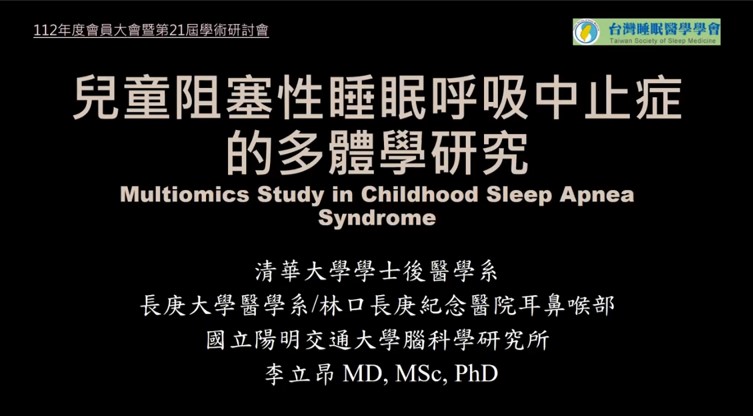
Introduction: Childhood sleep apnea syndrome is associated with a wide range of adverse health outcomes, including poor sleep quality, autonomic dysfunction, systemic inflammation, gut dysbiosis, and unhealthy food literacy. In this study, our objective was to explore the relationships between these health outcomes and sleep parameters in children with sleep apnea syndrome, utilizing multiomics approaches. Our directional hypothesis posited that sleep apnea syndrome leads to adverse health outcomes, while adenotonsillectomy improves both sleep apnea and these health outcomes.
Methods: To evaluate the effects of sleep apnea syndrome and adenotonsillectomy on various health outcomes, we measured autonomic function using sleep hear rate variability (HRV) indices, inflammasome using multiplex suspension array, gut microbiome using 16S rRNA gene sequencing, and food literacy using the Short Food Frequency Questionnaire, both before and after adenotonsillectomy.
Results: Following adenotonsillectomy, significant improvements were observed in OSA-18 scores and major polysomnographic parameters. Adenotonsillectomy substantially improved three HRV indices (SDNN, total power, VLF power), 20 out of 27 inflammatory biomarkers, and gut microbiota and metabolic function. % changes in OSA-18 questionnaire score and VLF power serially mediated the relationships between change in tonsil size and % change in obstructive AHI, % change in interleukin-8 and % change in CCL5 were found to serially mediate the relationship between change in tonsil size and % change in AHI. Children with sleep apnea syndrome consumed fruit drinks with sugar, vegetables, sweets, chocolate, rice, and noodles more frequently than healthy children. Notably, younger age and reduced intake of butter/margarine on bread and noodles were independent predictors of cured sleep apnea syndrome in children undergoing adenotonsillectomy with routine educational counseling.
Conclusion: Through the use of multiomics approaches, we preliminarily found autonomic dysfunction and inflammasome appear to mediate the surgical effects. The study also identified sleep apnea syndrome-related unhealthy gut microbiota and dietary patterns, suggesting the potential benefits of educational counseling in childhood sleep apnea syndrome.
Summary
關鍵字:
Sleep Disorders